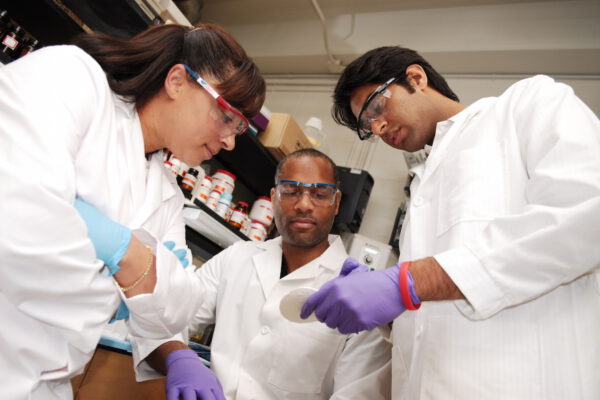Report Recommends Needed Changes to STEM Graduate-Level Education
Title: Graduate STEM Education for the 21st Century
Source: The National Academies Press
Date: May 29, 2018
Sponsored by the National Science Foundation, the Burroughs Welcome Fund, and the Institute of Sciences, The National Academies of Science, Engineering, and Medicine recently released a report titled Graduate STEM Education for the 21st Century.
The report outlines recommendations for the changes required to meet the needs of today’s STEM graduate students by enhancing their education through a set of updated and student-centered CORE competencies. It includes two sets of core competencies for master’s students (including disciplinary and interdisciplinary knowledge, professional competencies, foundational and transferable skills, and research) and doctoral students (including scientific literacy, communication and professional skills, and conduct of original research).
The report suggests the need for stakeholder buy-in and cultural shifts in what is valued in the academy. One suggestion was to incentivize teaching, mentorship, and career in graduate programs by offering professors teaching and mentoring training courses and making such criteria a more significant requirement of promotion and tenure reviews. The authors also emphasize the importance of diversity and inclusion in advancing STEM graduate education.
To read the full report, click here.
If you have any questions or comments about this blog post, please contact us.

